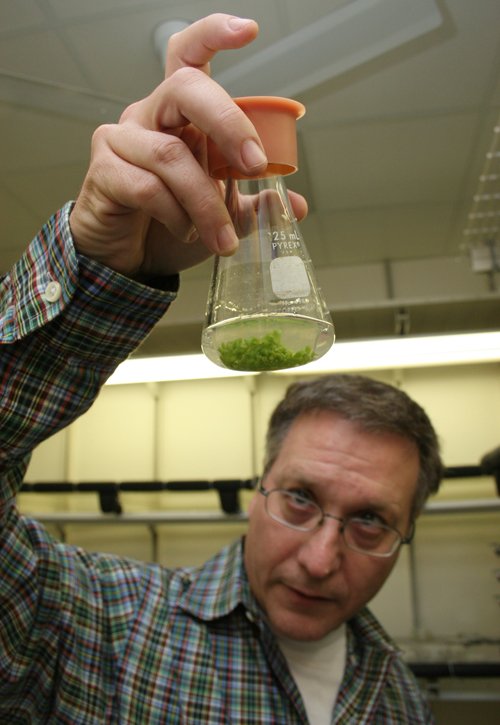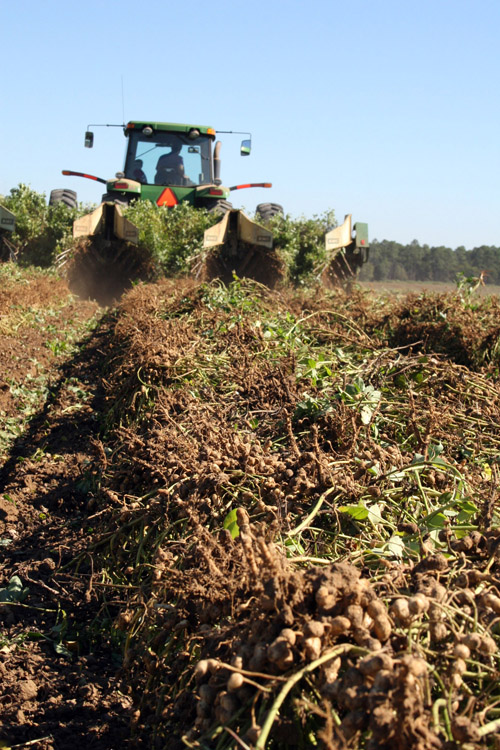 CAES News
CAES News
In the Field: Georgia Peanut Tour 2011 (Video)
The Georgia Peanut Tour celebrated its 25th anniversary Sept. 27-29. More than 200 people from 12 states and six countries went on the networking tour, which focused on south Georgia peanut research and production around Bainbridge, Ga., including stops in Miller County, Attapulgus and Blakely.

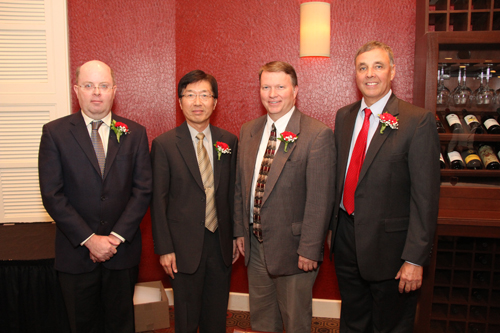
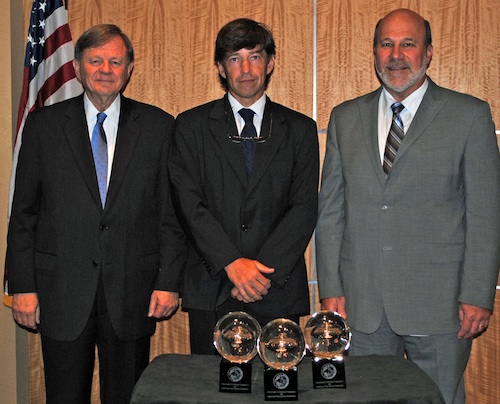
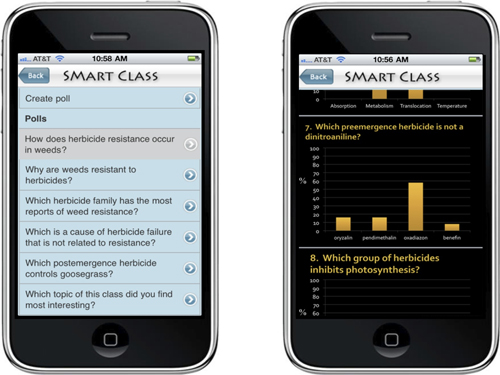
.jpg)
.jpg)

